Parliamentary elections in Russia are a challenge for democratic governments. Ignoring massive violations of the civilized principles of the expression of people’s will would sent a destructive signal across the entire international community, proving impunity for perpetrators and tacit approval of dictatorship’s moves.
On Friday, September 17, Russia will kick off the election to their parliament’s lower house. It is already expected to be the most manipulated parliamentary election over the last 20 years. It has long become obvious that the polls will see multiple violations of democratic principles and involve residents of the foreign territories de facto controlled by Russia.
The conclusions about mass rigging are based, among other things, on the example of last year’s vote on constitutional amendments. Russian authorities used that vote to test out a number of important technologies helping those in power to seal the required outcome. Now, for the first time ever, these technologies will be tested in a federal election. Having been approved in 2018-2021, most of them are aimed at shrinking to a minimum any political competition and creating a more favorable base for election fraud. After all, in the said constitutional amendments vote, citizens were often offered to cast ballots outside polling stations – in tents, on playgrounds, in apartment blocks, and other weird locations.
The Kremlin realizes the significance of the upcoming elections as the new convocation of the State Duma must ensure a smooth power transfer, ensure the legitimacy of Putin’s successor, as well as keep Putin safe after a step-down and help him retain influence.
The rapid decline in Putin’s popular ratings and the high risks of the Kremlin’s party losing the elections force the authorities explore ways to soften the inevitable illegitimacy of election results in the media space.
On the one hand, a misinformation campaign has been launched to this end. Moscow is trying to portray itself as victim of external meddling. Russian Foreign Ministry spokeswoman Maria Zakharova has already claimed U.S. interference in the campaign, while stopping short of providing any evidence. A similar statement was made by Russia’s Foreign Intelligence Service chief, Sergei Naryshkin, who linked the upcoming parliamentary with the presidential ones scheduled for 2024.
Russia’s return to PACE in the summer of 2019 apparently made no contribution to make the Kremlin comply with international law and democratic standards. Instead, Moscow launched a new round of its illegal migration-driven war on the border between the Baltic states and Belarus, the country Russia is tightening its grip on and where Russian troops were recently deployed under the pretext of the Zapad 2021 joint drills.

Back in July 2021, the European Parliament’s Foreign Affairs Committee approved the draft report on the strategy of relations with the Russian Federation(adopted yesterday, Sept. 15th.. MEPs concluded that the EU should be prepared to not recognize the new convocation of Russia’s parliament if they find that parliamentary elections were held in violation of democratic principles and international norms.
As early as today, the need to suspend Russia’s membership in certain international organizations involving delegations of legislators, including the Parliamentary Assembly of the Council of Europe (PACE), has grown obvious. Moscow is well aware of such prospects. According to Foreign Minister Sergei Lavrov, European powers could launch a campaign to make sure the election result is not recognized once the vote count is over. To hinder such developments, Russia has unleashed a full-blown energy crisis in Europe, pushing gas prices to record highs. This once again shows that Russia exploits energy cooperation exclusively as an instrument of political influence. Besides, the latest gas prices hikes in Europe also testify to the fact that it’s Europeans who are actually paying for the Russian ruling party’s election campaign. After all, it’s oil and gas revenues where Moscow gets money for all kinds of social payments offered to citizens as a not-so-well concealed bribe for their vote.
While rallying own supporters around an ephemeral external threat, Russian authorities are trying to artificially reduce as much as possible the turnout of opposition voters, showing off control of the situation as if to claim that the election result has already been predetermined. Thus, securing 40% of the votes for the ruling party through fraud amid a low turnout of opposition backers would ensure an easy landslide win for the pro-Putin party. At the moment, the Kremlin expects the presidential party to gain at least two-thirds of the seat in the new parliament.
The fear is that two days before the start of the elections, Putin said he was putting himself on quarantine, allegedly over a few members of his entourage contracting the coronavirus. The move may testify to both Putin’s unwillingness to be accused of somehow coordinating election fraud or Kremlin’s plans to set up some provocation, aimed at distracting the international community from the Russian election. It is possible that Putin’s self-isolation is also linked to his deteriorating health condition. However, the latter version makes the doctoring of votes even more likely.
So far the current situation indicates that the final election results have already been approved at the highest offices, even before the voting kicked off, and further developments will go in line with the Kremlin’s plot.


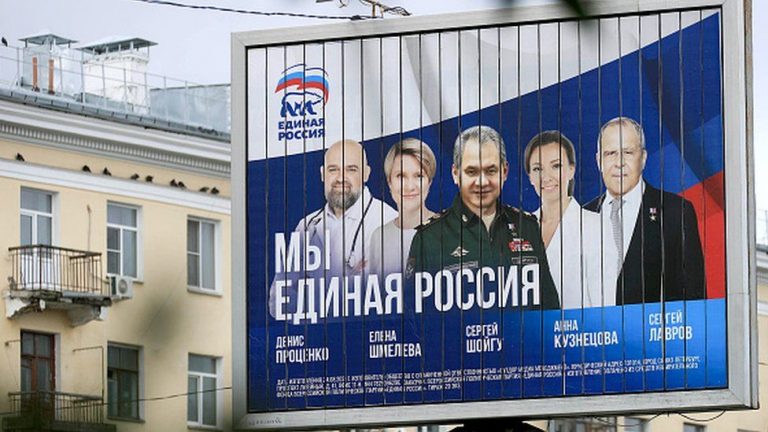
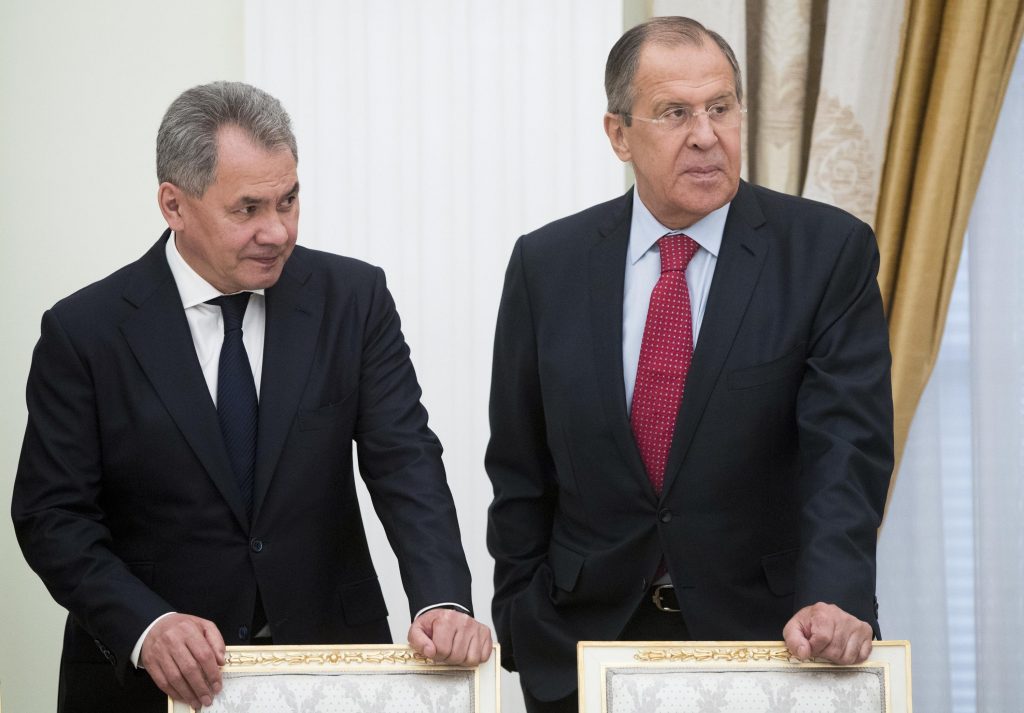
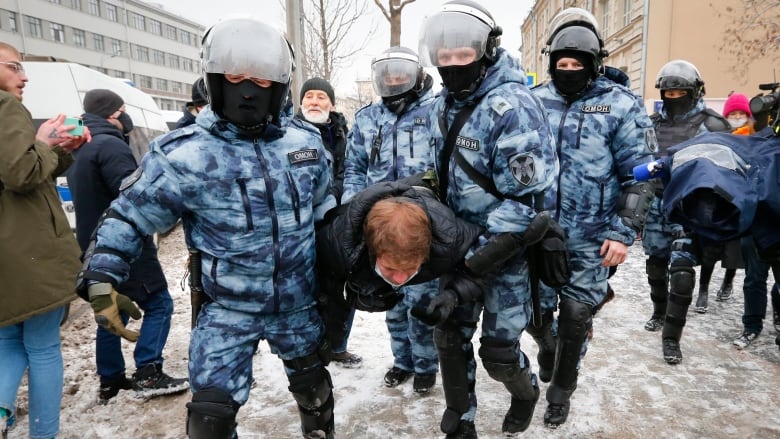
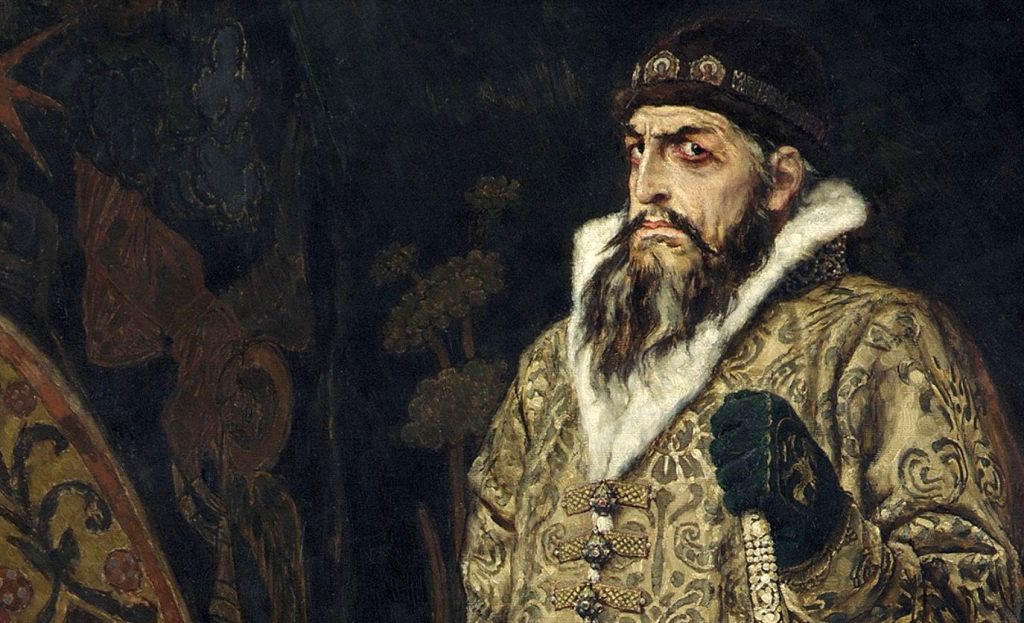
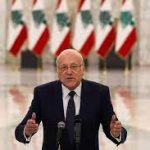

Pingback: Самоизоляция Путина, как попытка избежать обвинений в фальсификации – Институт Роберта Лэнсинга – ZMiST | Россия
Pingback: Самоізоляція Путіна як спроба уникнути звинувачень у фальсифікації - Інститут Роберта Ленсінга - ZMiST | Україна